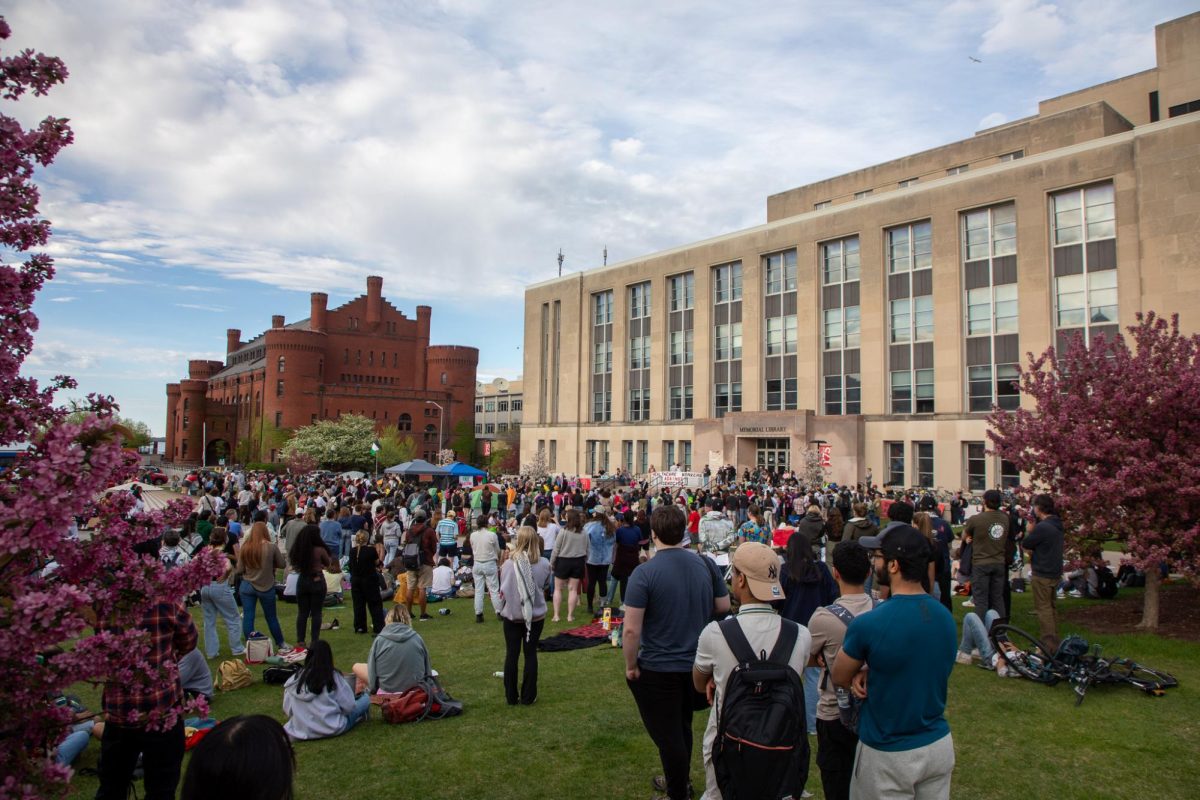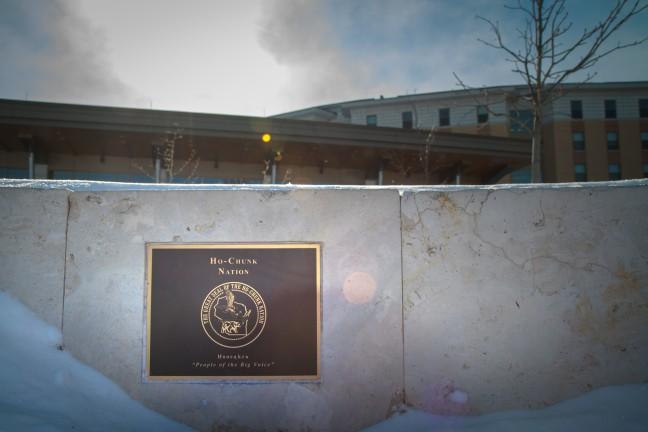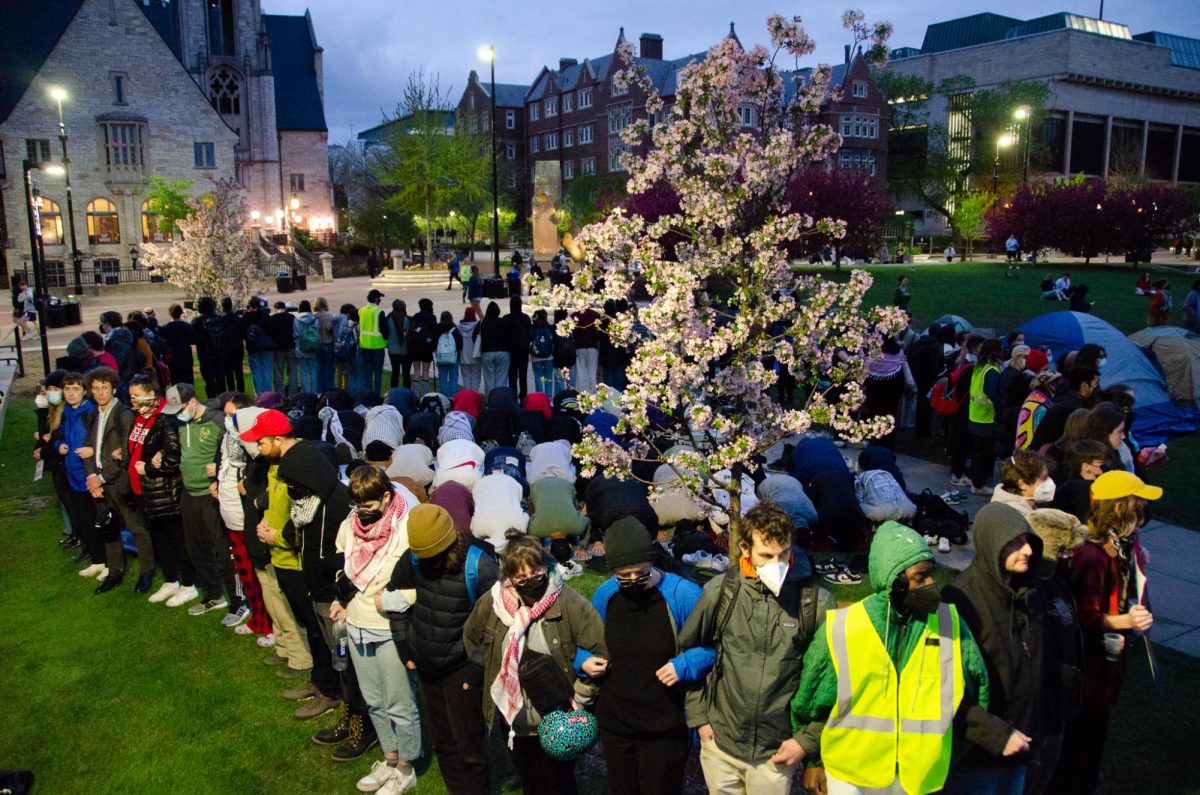A team of five professors from various departments at the University of Wisconsin are creating course modules focused on the concept and history of land-grant universities and their relation to the Indigenous groups that resided there before them.
The initiative is using funding from the National Endowment for the Humanities, though the date of its implementation is yet to be announced, according to UW News.
The team is planning to incorporate these modules into 22 courses that span eight different UW departments and around 3,000 students per year, according to UW News.
“I think it’s a step in the right direction, because clearly, there’s not enough discussion of it,” UW accounting and political science student Jimmy Schatz said. “But, I think there’s so much more we can be doing to be discussing both what happened in the past and how we currently treat Indigenous populations.”
UW to host events, speakers for celebration of Black History Month
The NEH grant will be used to create 50-75 minute lessons, or as materials that can be built into a series of lessons in courses that already exist at UW, assistant professor of civil society and community studies and American Indian studies Kasey Keeler said in an email statement to The Badger Herald.
Keeler is one of the professors on the team creating the modules. She and the four other members come from different departments and specialties and combine their expertise to create material that will be accessible across multiple course types.
It is intended that the program will be made available to students across multiple departments and academic programs, Keeler said. These incorporated courses will range from hard sciences to the arts and humanities, and they will reach students familiar with the land-grant university concept, as well as students who have never heard of it before.
The university will also use the grant to offer paid positions to graduate students and faculty members working on developing the materials, Keeler said. The money will also be used to expand the outreach of the educational modules past the UW student body to tribal nations and community members as well.
“This may look like our project team traveling to visit the tribal nations of the state to learn from and with them and sharing or presenting our work, it may look like hosting tribal representatives at UW, either in-person or virtually, or it may look like paying stipends to community members who share their knowledge and expertise with us,” Keeler said in an email statement to The Badger Herald.
This project comes as a result of UW professors noticing the lack of standardized education on the school’s Indigenous roots in the university curriculum. After covering the history of land dispossession, professors often found students surprised, shocked and confused how they had never been taught the information before, according to UW News.
Indigenous history is important to consider when those on campus think about their relationships with spaces like Madison and their community members, assistant professor of history and American Indian studies Sasha Marie Suarez said. People need to acknowledge centuries of pre-existing history of the environment in order to support it right now.
“It [the implementation of UW dispossession modules] shows very strong commitment to tribal nations and Indigenous peoples, both on campus and in the state that their university is serious about strengthening relationships and acknowledging Indigenous presence in history,” Suarez said.
UW already has a requirement in place for students to take at least three credits of ethnic studies coursework, according to University Policy General Education Requirements.
The ethnic studies requirement was created to teach students about marginalized racial and ethnic groups in the U.S., as well as broaden their knowledge of other cultures, according to the General Education Requirements. The requirement also prepares UW students to respectfully respond to issues related to the university community.
When students take courses as an ethnic study, they tend to be very appreciative of being given the opportunity to take classes that they maybe would have not enrolled in if it hadn’t been for the ESR, Suarez said.
UW Hillel holds event for International Holocaust Remembrance Day
“Because so many of my classes are ethnic studies requirements, I get students from all over the university,” Suarez said. “Many of them have not had the opportunity before to learn about specific Indigenous histories of campus.”
Professor Keeler said she hopes this project not only makes UW students aware of the Indigenous history around them, but also inspires more land-grant universities to take initiatives in the future to repair relationships and tell the stories of tribal nations on the land before them.
“This area of focus — the land grant history of UW and the larger land grant system — has been largely ignored in higher education, including at UW,” Keeler said in an email statement to The Badger Herald. “We are excited to create an accessible way to share this important history and feel it is our responsibility as faculty at a setter colonial institution to do this work.”


















